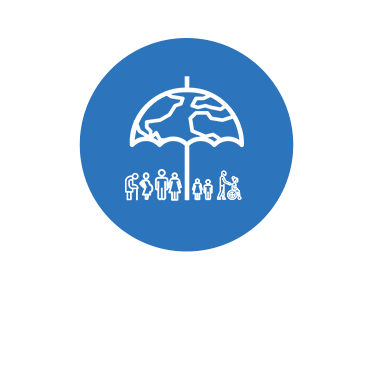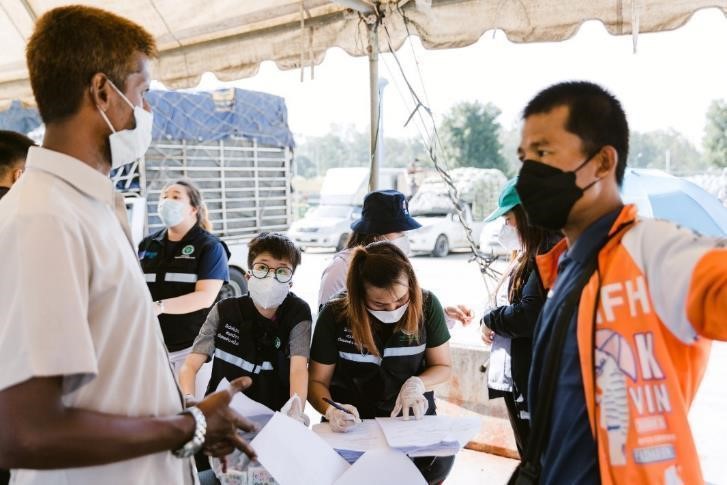
Module 2
Mainstreaming refugee and migrant health in the global, regional and country agenda and access to inclusive people-centred health services
Overview
The health of refugees and migrants should not be considered separately from the health of the overall population. To achieve the vision of the SDGs – to leave no one behind – it is imperative that the health needs of refugees and migrants are included in global, regional and national agendas. Access of refugees and migrants to quality health services is central to rights-based health systems and the public efforts aiming to addressing the health needs of refugees and migrants, reduce health inequities and achieve the SDGs. This includes services such as primary health care; universal health coverage (UHC); maternal, child and adolescent health; sexual and reproductive health; gender-based violence; and financial protection for health.
This module includes the following tools:
Actions to be considered
- Include refugees and migrants in the national health strategies, plans and actions and, where possible, develop strategies, plans and actions designed to strengthen national capacity to meet refugee and migrant health needs and rights through multisectoral approaches.
- Develop and implement evidence-informed public health approaches and the building of health care capacity for service provision, affordable and non-discriminatory access and reduced communication barriers.
- Train health care providers in service delivery.
- Accelerate progress towards achieving the SDGs including UHC by promoting equitable access to quality essential health services, financial risk protection and access to safe, effective, quality and affordable essential medicines and vaccines for all (SDG 3.8), including refugees and migrants.
- Strengthen and build the capacities and resilience of health systems; prioritize the development of sustainable financial mechanisms to enhance social protection for refugees and migrants, and to strengthen the health workforce with the right competencies.
- Develop recommendations and tools for the governance, management and delivery of health care services that address epidemiological factors, cultural and linguistic barriers, and legal, administrative and financial impediments to access to health services by refugees and migrants.
- Identify and strengthen health care skills within refugee and migrant populations through training and certification, in keeping with national legislation, standards and evaluation.
- Provide quality essential health care services on a continuing and long-term basis with functioning processes of referral to secondary and tertiary care services, and ensure service delivery networks for refugees and migrants who require health care services.


a6be0461-307d-4563-a6d5-3395a9aec8cb.png?sfvrsn=4fa796e8_1)



---launching-ceremony--royal-orchid-sheraton-hotel---tower-bangkok--thailand-48-copy.jpg?sfvrsn=7fab05c9_1)